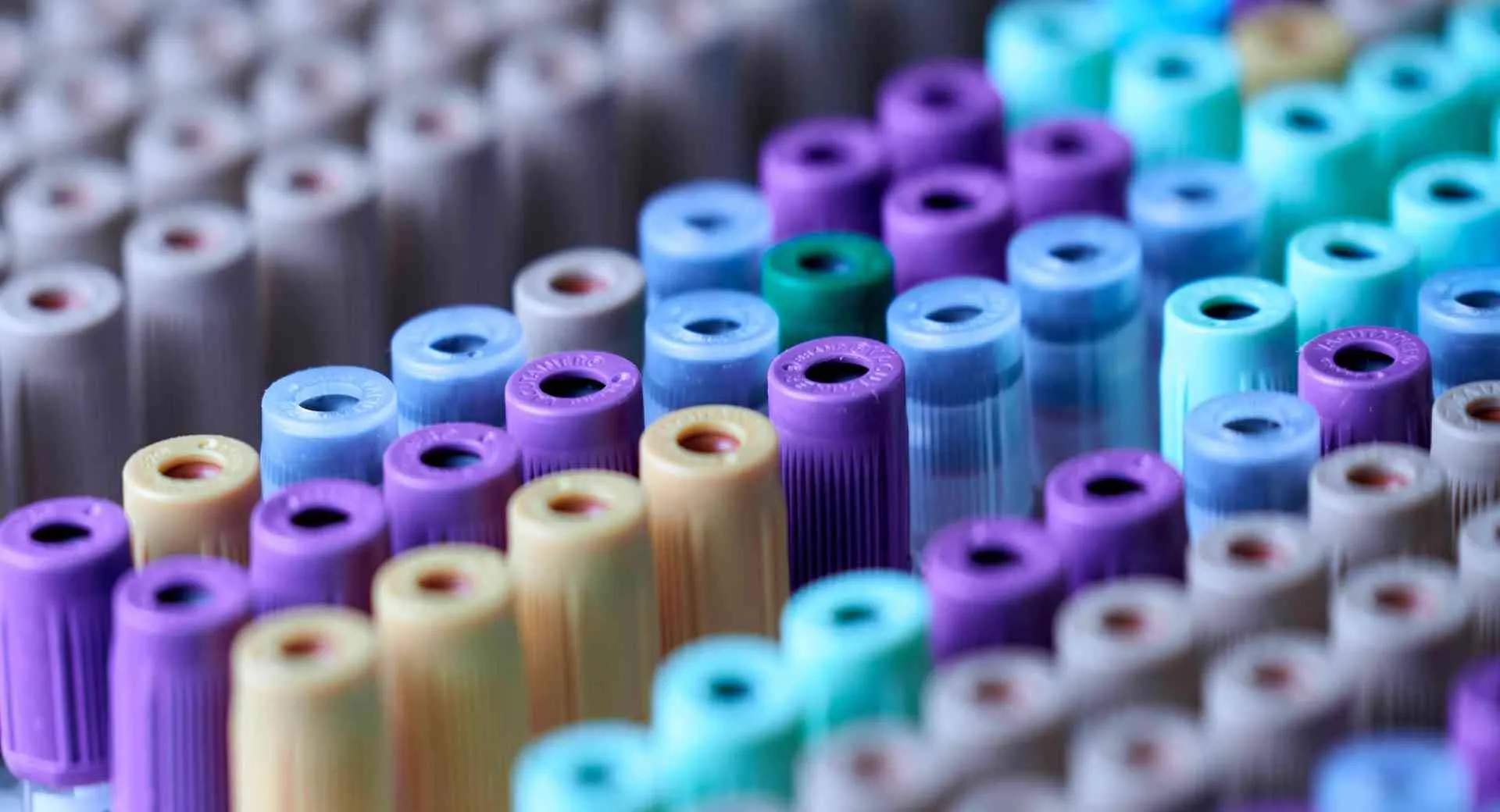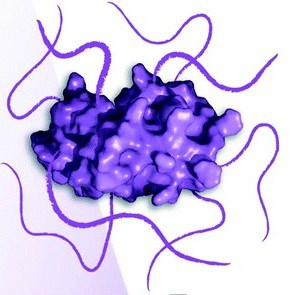
Custom PEGylated Proteins

Properties
PEGylation chemistry by default will use the lysine residues of protein to react with PEG-NHS ester forming amide bonds. If you have a different chemistry needs, please specify or discuss with our tech support. Other chemistry may include using cysteine, aspartic acid, or glycan.
PEG molecular weight options include all PEG types we offer. Typically the PEG MW may be 550, 1k, 2k, 3.4k, 5k, 10k, 20k, and 30k. The standard PEG is a linear methoxy-capped PEG (aka mPEG).
The number of PEG for each protein depends primarily on your application and is limited by the number of reactive amino acids on the protein. We have developed proprietary chemistry protocols to precisely control the number of PEG per protein molecules, ranging from 1 to 80 PEG per each protein. The protein content and the total PEG content (the number of PEG and total PEG mass) are characterized with established analytical methods. We have HPLC, GPC, SDS-PAGE, colorimetric assays for proteins and PEG, enzyme activity assays, protein binding assays and other protein specific assays.
The physical form of the final product may be lyophilized powder, solid, or solution in a specified buffer solution.
Get In Touch
If you have any questions, please submit an online inquiry.
"*" indicates required fields
